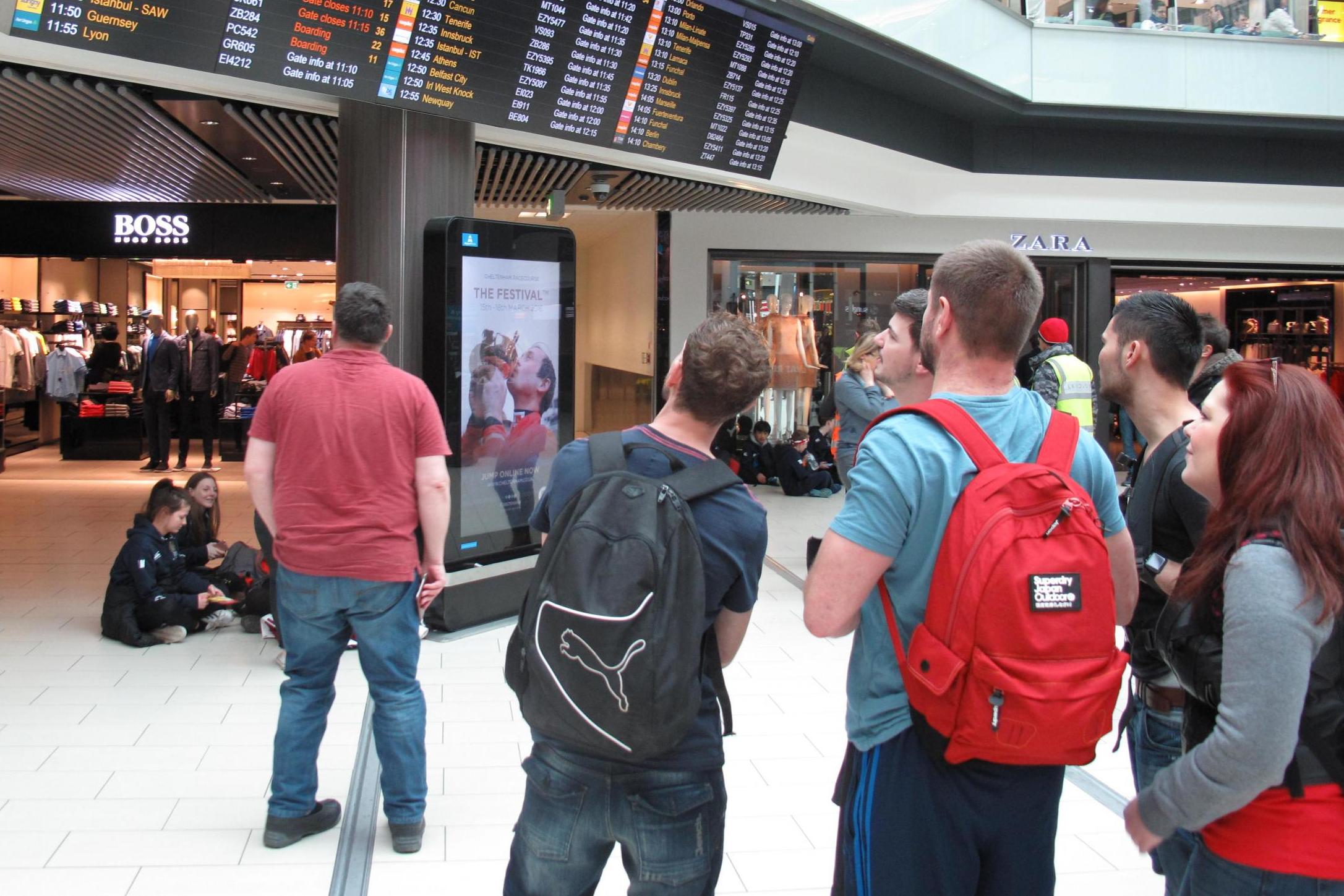This website uses cookies so that we can provide you with the best user experience possible. Cookie information is stored in your browser and performs functions such as recognising you when you return to our website and helping our team to understand which sections of the website you find most interesting and useful.

The near-total shutdown of European aviation and cruising because of the coronavirus pandemic will cost the continent’s economies hundreds of billions of pounds, according to industry forecasts.
The International Air Transport Association (IATA) predicts that European airlines will collectively lose $89bn (£72bn) in revenue. Since the last forecast a month ago, the anticipated revenue loss has increased by one-sixth.
IATA says that the overall negative GDP impact in Europe is $452bn (£366bn) across Europe.
The association estimates that 6.7 million jobs are at risk.
Its new analysis is based on a scenario of severe travel restrictions lasting for three months, with a gradual lifting of restrictions in domestic markets, followed by regional and intercontinental travel.
The worst-hit country is the UK, with 140 million fewer journeys and an estimated £21.1bn revenue loss – “risking almost 661,200 jobs and around $50.3bn (£40.8bn) in contribution to the UK economy”.
That represents over £600 per person in damage to the British economy. Heathrow, previously Europe’s busiest airport, is now operating with only one runway and two of its four terminals closed.
Germany is on course for the next-worst revenue loss, but this is only two-thirds of the UK figure.
Spain, Italy and France are also set to lose heavily, with $115bn (£93bn) in economic damage between them.
Created with Sketch.
Created with Sketch.
1/6
Milan, Italy
REUTERS
2/6
North Jakarta, Indonesia
REUTERS
3/6
Jakarta, Indonesia
REUTERS
4/6
Venice, Italy
REUTERS
5/6
New Delhi, India
REUTERS
6/6
Islamabad, Pakistan
REUTERS
1/6
Milan, Italy
REUTERS
2/6
North Jakarta, Indonesia
REUTERS
3/6
Jakarta, Indonesia
REUTERS
4/6
Venice, Italy
REUTERS
5/6
New Delhi, India
REUTERS
6/6
Islamabad, Pakistan
REUTERS
IATA is calling for the European air passengers’ rights rules, known as EU261, to be “temporarily” amended so that airlines are no longer required to hand back cash within a week of a flight cancellation.
“As airlines face an unprecedented liquidity crisis, we desperately need European government financial and regulatory support,” said Rafael Schvartzman, IATA’s regional vice-president for Europe.
“The world will rely on airlines and air connectivity to restore the global economy. A successful restart of the industry will be crucial.”
The cruise industry has a similarly gloomy forecast. On the day that P&O Cruises announced a further three-month shutdown, the Cruise Lines International Association (CLIA) said that each day of the suspension results in the loss of 55 direct jobs and 139 total jobs in the UK.
For a 90-day suspension, said the association’s UK director, Andy Harmer, the anticipated impact on the wider UK economy is £2.37bn, with almost 14,000 jobs lost.
“Choosing to suspend operations was the right thing to do, and we know the cruise industry is resilient,” he said.
“We will continue to respect the guidance from international and national health authorities, and we look forward to playing our part in the recovery when the time comes for society to travel once more.”
Fred Olsen Line has suspended its operations indefinitely.



 Africana55 Radio
Africana55 Radio 

